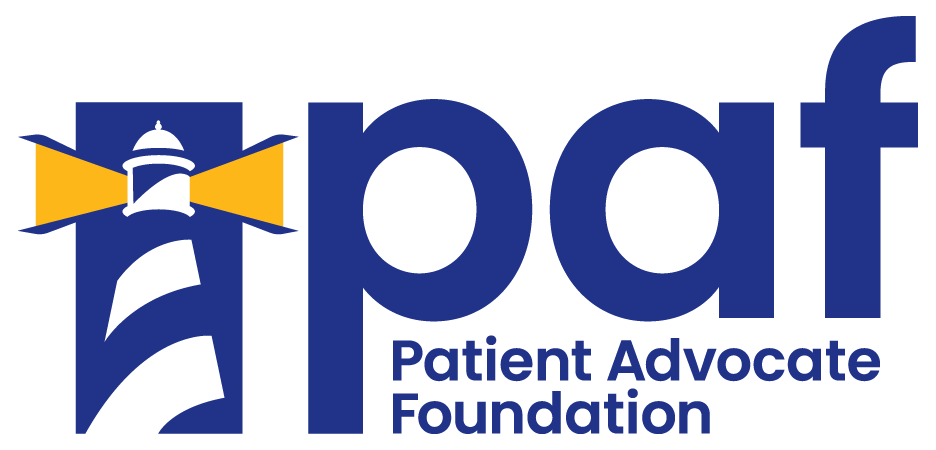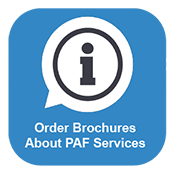What Does an Approved Pre-Authorization Mean?
A pre-authorization is a restriction placed on certain medications, tests, or health services by your insurance company that requires your doctor to first check and be granted permission before your plan will cover the item. This extra step helps both your doctor and the insurer feel comfortable that the medical item is needed and medically necessary for your care.
Sometimes they are called pre-approvals, or prior approvals, or prior authorizations, but they all mean the same thing. This practice is common in all types of insurance, even with government-sponsored coverage like Medicare, Medicaid, and Tricare.
When your doctor decides that you need a service or medication, and it requires pre-authorization from your health plan, your doctor’s office will put a request into your health plan to get approval to perform the service or for the pharmacy to fill the prescription. Some plans allow patients to file their own prior authorizations, but most often this is a process that must be initiated with the doctor’s office.
Often your doctor will have an idea if the healthcare you need is likely to require this extra step. However, since your doctor cannot possibly keep up with all the plan details for all their patients, it’s a good idea for you to look out for these possible scenarios. Asking your insurer and your doctor if a prior authorization is necessary is always a good idea.
So what does all this mean for my care?
An approved pre-authorization is not a guarantee of payment, but it is a good indication of your health plan’s intentions to pay for the service or medication. As well, if you do have an approved preauthorization, your insurance is not promising that they will pay 100% of the costs. You are still responsible for your share of the cost, as you would any service or medication, including any co-payments or coinsurance set forth by your health plan’s design.
Something to consider is that pre-authorizations are only valid for a specific amount of time and may require periodic renewal. For medications or ongoing treatments, the renewals work the same
way that the initial prior authorization process. Often, for renewals, health plans are looking for information that the medication or treatment was helpful for your condition. If you received prior authorization for a test or service but do not schedule it during the timeframe the insurance company allowed, then your doctor’s office will need to resubmit to ask for approval once more.










